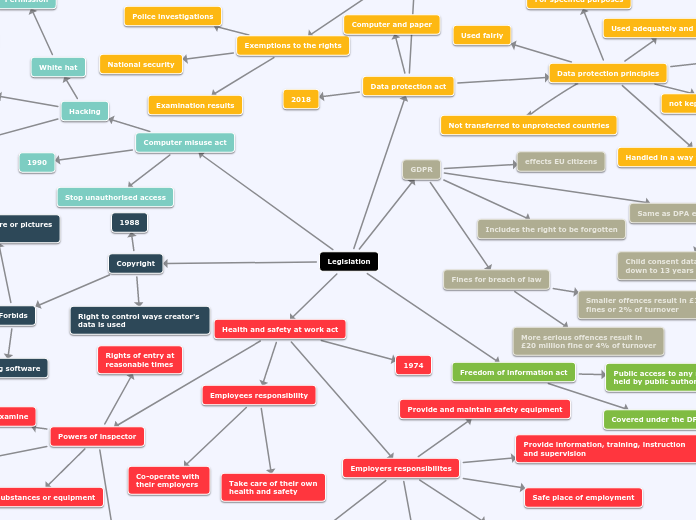av maddy hopgood 6 år siden
312
Hopgood Maddy legislation

av maddy hopgood 6 år siden
312

Mer som dette
Modify data illegally
Without malicious intent
Permission
Examination results
National security
Police investigations